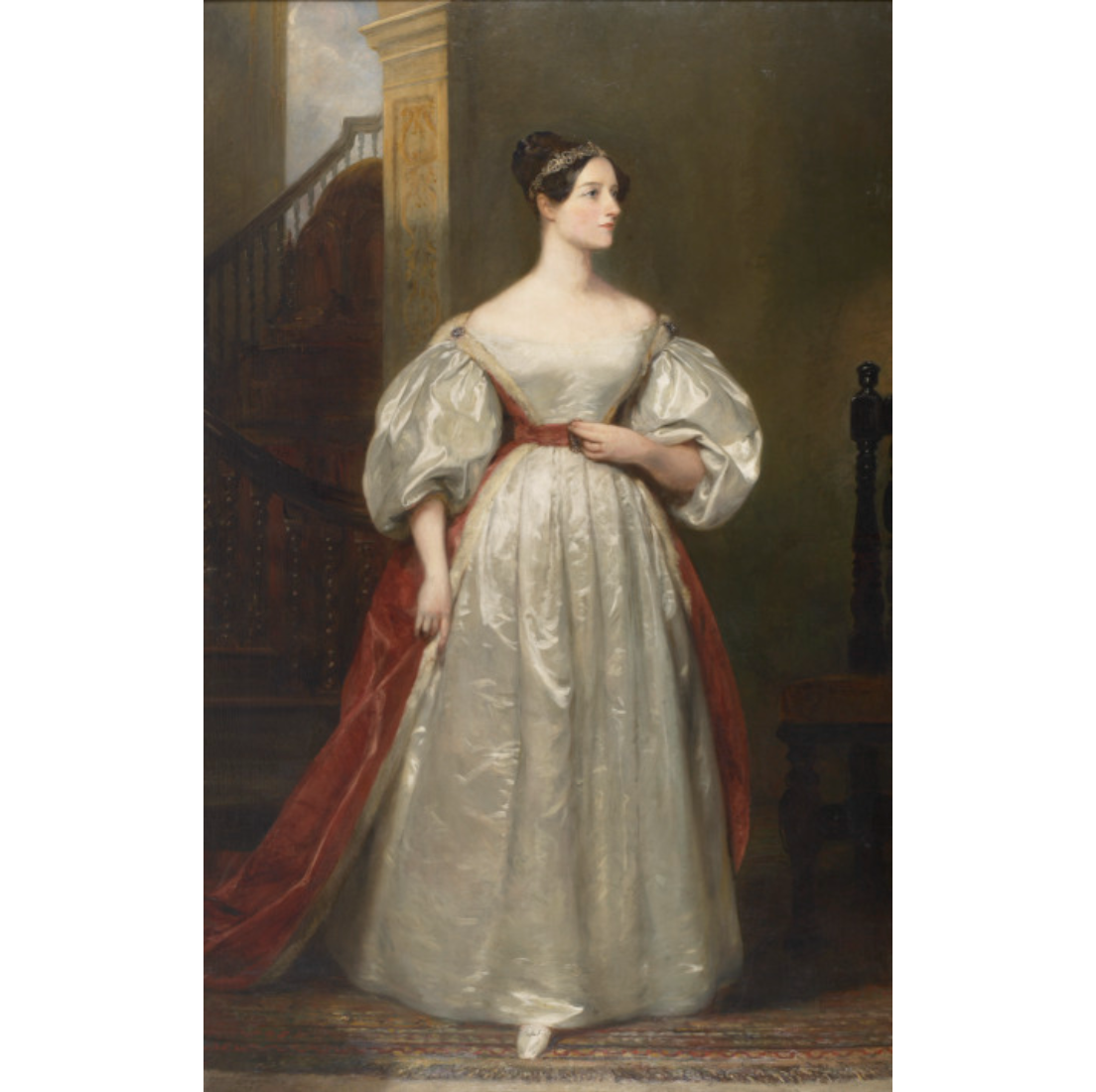
International Women’s Day will be marked on Friday 08th March 2024. This year’s theme will celebrate ‘Inspire Inclusion’ and promote activism on creating a more inclusive, integrated, and empowered society for women all over the world.
To reflect on this theme we are sharing stories of inspiring local women who once called Ealing home. This first post will shed light on the historic work of Ada Lovelace and Amy Barbour- James.
Ada Lovelace
Born on 10th December 1815, Ada Lovelace was an English mathematician, writer and scientist who called Ealing Common home. Dubbed as the ‘Pioneer of Computing’, Lovelace is recognised as history’s first computer programmer and produced the first computing programme. She also worked closely on a proposal of a general purpose computer called the ‘Analytical Engine’. Entering a space that was dominated by the male elite in the 19th century, Lovelace paved the way for more women to enter the field.
Lovelace is remembered through various memorials, plaques and sculptures all over the UK. In 2019 a Green plaque was unveiled at Ealing Town Hall, celebrating the work of a female scientist for the first time in the area. More recently, a statue of Lovelace was unveiled at London’s Millbank Quarter in celebration of International Women’s Day 2022.
Amy Barbour- James
Amy Barbour- James was born in Acton on 25th January 1906. Born to Guyanese parents, Barbour- James was an active figure in the civil rights movement. A member of both the African Progress Union and the League of Coloured Peoples, Barbour- James became secretary of the latter organisation in 1942. The League of Coloured Peoples was founded with the goal to promote racial equality across the world and provided extensive opportunity for women’s involvement in the early 20th century. As secretary, Barbour- James championed the organisation’s endeavours to achieve racial equality whilst also acting as a trailblazer for Black women in positions of power.
Passing away in Harrow on 4th May 1988, Barbour- James’ memory is commemorated in the National Portrait Gallery and through a short biopic drama on BBC Radio 4.

Amy Barbour- James, by Unknown photographer, mid 1930s
For further information on Ada Lovelace, Amy Barbour- James and International Women’s Day, please access the links below:



